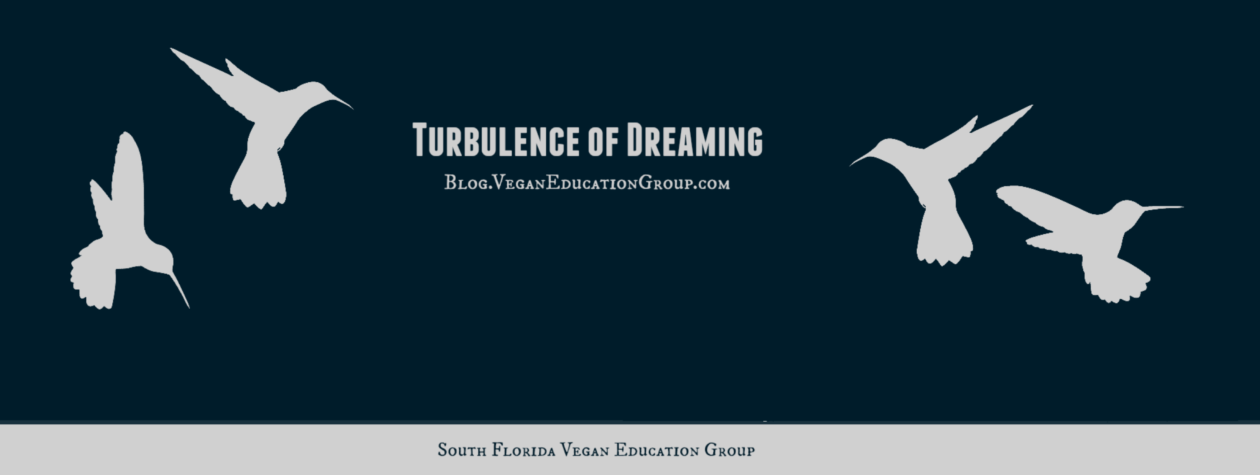
Overheard: “How about taking a stand against the murder of unborn children through abortion? When I see you joining that cause perhaps I will listen to the rest of your moral outrage and the weeping for sheep…”
The above is an actual quote I saw recently from a pastor in response to a conversation about veganism. [Please note that this essay does not attempt to make a correlation between abortion and animal rights. The example used by the pastor might well have involved any human rights issue or plight – natural disaster, genocide, famine, etc. – involving humans]

Yes, people say things like this. It’s a version of one of the archetypical arguments against veganism that usually goes like this: “Humans come first. Once we get human problems sorted out, then I’ll worry about non-humans “.
Let’s apply a bit of critical thinking to these ideas by putting them in the Reality Machine.
Aside from being a blatantly speciesist position (simply substitute the words “non-human” and “human” with different human races or genders and the unjust bias is immediately clear), this justification for continuing to engage in the exploitation of vulnerable individuals hasn’t a leg to stand on, and here’s why:
Living vegan (eschewing the use of all products and forms of animal exploitation wherever possible and practicable) takes zero energy, resources, time or effort away from advocating for any other cause, whether human rights-related or otherwise. One can live vegan and still engage in any activity one chooses, probably with even more energy than when living non-vegan!
To further examine the fallaciousness of the argument, the idea that there will come a day when humanity’s myriad problems are finally put to rest is, in a word, preposterous. Therefore, to claim that one will gladly engage in working for animal rights once all human rights have been permanently secured is nothing more than a lie based on an impossible premise designed to derail the animal rights conversation and justify one’s continued use of products of animal exploitation. It is a disingenuous position designed to obfuscate the underlying selfishness motivating the argument, and it by no means presupposes that one is spending one’s days and nights engaged in any form of advocacy or activism whatsoever. It’s a bluff that is easily called and checkmate is soon to follow.

In and of itself, veganism is passive – it doesn’t require one to do anything but rather to not do certain things (i.e., not eat, wear or otherwise use and/or objectify non-human animals for one’s personal benefit). From there, if one chooses to spend one’s time, energy and resources engaging in animal rights advocacy through clear, consistent vegan education, that is one’s choice (and one we highly recommend) but again not a requirement.
Armed with the knowledge that one can live vegan and continue to participate passionately in whatever activities or advocacy one feels compelled to participate in, why – other than for purely selfish reasons of pleasure, comfort and convenience – would anyone not choose to do so?

[I encourage all readers to click the blue links embedded in this essay and explore the information on those sites. Also, please read our Disclaimer regarding external sites, organizations, individuals, etc.]








